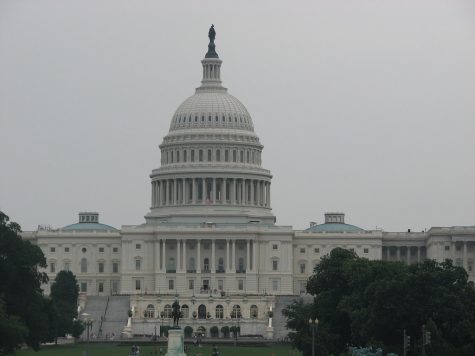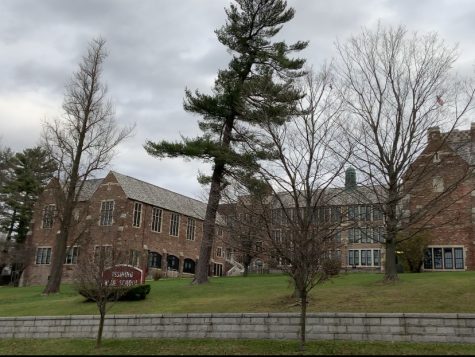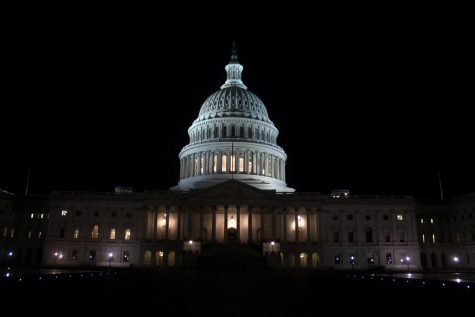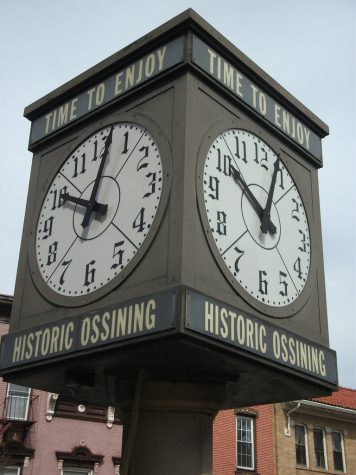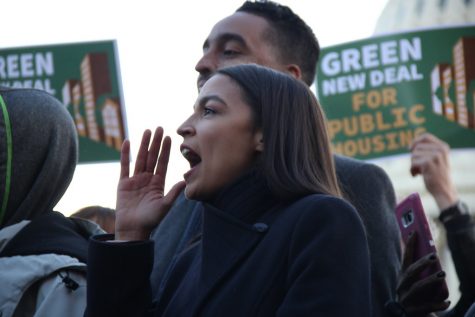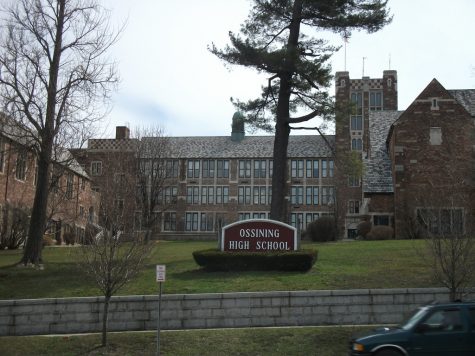Nelson Mandela: Remembering an Icon
December 20, 2013
On December 5th 2013, Nelson Mandela passed away. He was 95 years old and had lived a long, hard yet successful life.
Nelson Mandela was born in 1918 in South Africa’s Cape Province. As a young boy, he went to a Methodist school where the teachers gave out names that sounded British. “Nelson” was the name Mr. Mandela received and it stayed with him for the remaining 88 years of his life. As he grew, he acheived higher and higher levels of learning. He strove to join the Native Affairs Department of South Africa to help Africans living in their tribal lands and befriended people with connections to the African National Congress (ANC). However, toward the beginning of his career, he stayed away from the ANC, taking sides with Britain during the Second World War.
As he was learning to become a lawyer, Mr. Mandela joined the ANC and quickly rose through the ranks. He called for armed resistance against the government and he became nationally known. He traveled to Ethiopia to meet with other leaders fighting against European imperialism. In 1962, Mr. Mandela was arrested, then tried and convicted for enticing workers to strike and for illegally leaving the country. His sentence was five years imprisonment. He was then tried, along with friends, for his role in guerrilla warfare against the government as well as sabotage and violent conspiracy and subsequently was sentenced to life in prison.
During this period, his fame rose to an international level, so much so that the UN Security Council called for his release. The South African government refused and their decision was backed by US president Ronald Reagan as well as the “Iron Lady,” Margaret Thatcher. Both called Mr. Mandela a communist and a terrorist. He was then transferred twice from 1982 until his release in 1990.
Along with Mr. Mandela’s release, all previously illegal political parties were legalized. This allowed the ANC to become a real political party with political power. Mr. Mandela led the ANC through rough times. There were many points of conflict between the ANC, the government and other political groups. Tensions grew as 1994 quickly approached. During the 1994 elections, the ANC won the majority of the votes. Mr. Mandela stepped up as the President of South Africa that same year. The next five years was a time of great change for South Africa with Mr. Mandela heading all of the changes.
In 1999, Mr. Mandela retired from politics. Five years later, he retired from public view. The next nine years he was plagued by illnesses. His ailment culminated in a lung infection that started in February of 2011 and stuck with him until the end. He was hospitalized in March and then again in June of 2013. Mr. Mandela’s condition became critical on June 23rd, though he was later released from the hospital on September 1st. He died of his respiratory infection on December 5th.
Mr. Mandela’s death led to a period of mourning throughout the world. December 9th was the state memorial service in which over 90 state heads traveled to South Africa for the service. Condolences came from different types of governments, yet they all expressed how missed Mr. Mandela would be and how much good he did in the world. Queen Elizabeth II sent the family personal condolences. Idris Elba and Morgan Freeman, each having played Mr. Mandela, also gave their personal condolences.




